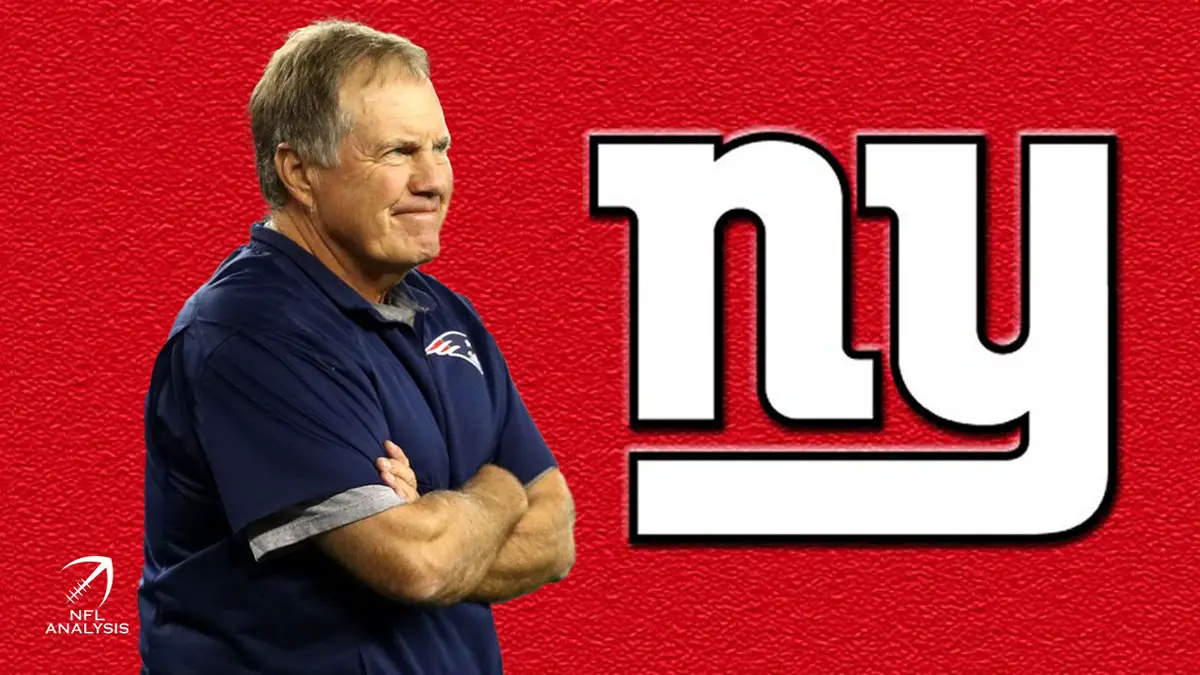Fresh off the heels of a red-hot opening to training camp, Sam Darnold enters the preseason with a tremendous chance to seize the Jets’ starting quarterback position entering their Week 1 Monday Night Football Opener in Detroit. As long as he looks comfortable and avoids portraying himself as a deer in headlights, it seems Sam is on the track to starting right off the bat.
Now, while expectations for Darnold long-term are very high, expectations for any rookie need to be tempered. If there’s one thing NFL history has taught us, it’s that rookie quarterbacks are proven to have a hard time producing in their first go-round. Of the 52 rookie quarterbacks to throw at least 200 pass attempts since 2000, only eight of them (15 percent) have accrued an above league average passer rating. Only seven (13 percent) of them have won 10 or more games as a starter. Only four (eight percent) have registered an above average passer rating and10+ wins as a starter.
The odds are stacked against a rookie playing at a high level, no matter how great they may become. Darnold must be allowed to ride the roller coaster through the highs and lows and learn to keep getting back on line for another spin. He cannot and must not be babied – let him play his style of football and figure out where his comfort zone is as a professional.
With all of that in mind, whose rookie season represents the best model for Darnold to try and match this year?
Matt Ryan
The primary reason I match Sam with Ryan is the similar turnover propensity the Boston College alum entered the league with. Many have questioned Sam Darnold’s turnover issues and whether it will sink him in the NFL. Darnold had 13 interceptions and 11 fumbles (nine lost) in 2017. While I have found there to be little correlation between college turnovers and professional performance, there is no better example of that conception than Matt Ryan.
Ryan threw 19 interceptions in his final season at BC, the most interceptions entering the league for a first round pick from 2007-2016. He also had nine total fumbles (three lost) – his combined total of 26 interceptions/fumbles in his final college season entering the league is also the most for a first round pick in that span.
Ryan has had no problem producing in the NFL. He has won an average of 9.5 games per year as a starter – among the 50 first round selections since 1996, only Peyton Manning (10.2) has won at a higher rate. Ryan has a career passer rating of 93.4 with 260 touchdowns and 41,796 yards, including an active streak of seven consecutive 4,000-yard seasons. The guy is a great quarterback.
As a rookie, coming off of the same turnover questions, Ryan took a 4-12 Falcons team from 2007 and led them to 11 wins as a rookie in 2008. Ryan started all 16 games and had an efficient rookie year as he cut down his turnovers, throwing only 11 interceptions on a solid 2.5 percent interception rate and losing only two fumbles. All the while, he still maintained his playmaking ability downfield, averaging 13.0 yards per completion – which remains the second highest mark of his career.
Now, this is not to say that Sam needs to add seven wins to the Jets’ 2017 total of five, nor is it to say they play a similar brand of quarterback. They do not – Ryan is a sturdy pocket passer while Sam is a mobile, on-the-run gunslinging playmaker. Ryan is a phenomenal example because the questions he entered the NFL with are similar, and what he accomplished as a rookie is a great benchmark for Darnold to aim for in his current predicament.
Many have debated whether or not it is worth throwing Darnold right in to start 16 games as a rookie. As best demonstrated by Ryan, I have found that first round quarterbacks who start all 16 as a rookie tend to have much greater success. Round one quarterbacks (from 1996-2015) who started all 16 have averaged 7.0 wins per year in the NFL – the highest average among any games-started total. Comparatively, first-round quarterbacks who have started less than 16 games have averaged 3.8 wins per year. Ryan is among the most successful of that 16-game group, right up there with Peyton Manning. First rounders who have stolen starting jobs from Day 1 have ultimately proven to trend much more towards success than those who have not started from Day 1. If Sam could do the same, beating out decent competition in Josh McCown and Teddy Bridgewater, it could only be a positive sign for him.
I made an analogy earlier comparing a rookie season to a roller coaster ride. Ryan’s rookie season absolutely matched that description, yet another reason Ryan’s 2008 season is a great model for Darnold. After opening his career throwing only 13 passes in a Falcons home win, the team traveled to Tampa Bay to take on Jon Gruden and his top-ten Buccaneers defense. Ryan took four sacks and threw two interceptions, completing only 39 percent of his passes and earning an unsightly 29.6 passer rating. The following week, the Falcons returned home and defeated the Chiefs – but again, Ryan threw only 18 passes. The next week, the Falcons were to face another vaunted defense on the road – John Fox’s Carolina Panthers team. Ryan threw 41 passes and mustered 158 yards – a terrible 3.9 yards per attempt and culminating in a 60.8 passer rating.
So, over his first quarter as an NFL starter, Ryan owned measly numbers of 167.3 yards per game, a 52 percent completion percentage, 6.4 yards per attempt, only two touchdowns, and a 70.7 passer rating. Those are ugly numbers. The team’s only two wins under his lead were both at home against an 0-16 team and a 2-14 team, and they only did it while limiting his workload to minuscule numbers. When forced to travel on the road and take on a pair of good teams, Ryan was awful and the team was obliterated each time.
How did Ryan bounce back? The following week, the team went into Green Bay and defeated the Packers for Ryan’s first road win, as he threw for early career highs of 194 yards and two touchdowns while posting a 90+ passer rating with over 20 passing attempts for the first time. Over the final three quarters of the season, Ryan led the Falcons to a 9-3 record while throwing for 230.1 yards per game, a 64 percent completion percentage, a robust 8.4 yards per attempt, 14 touchdowns, and only nine interceptions, all for a very solid passer rating of 93.2.
Ryan had a sub-80 passer rating six times in his rookie season – the Falcons went 5-1 in the games after those poor outings, as Ryan never compiled back-to-back sub-80 games.
The way Ryan cleaned up his college turnover issues, bounced back from rookie year valleys, and turned around a team that was simply bad the previous year are all things that Darnold is going to look to accomplish in 2018. If Darnold is as successful as Ryan was in those three endeavors, the Jets might have finally found their man.






